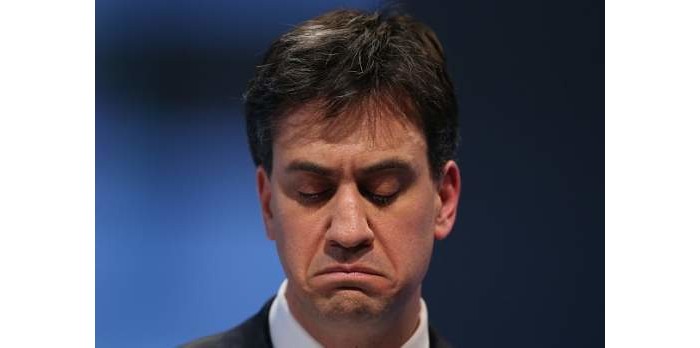
A new commandment I give unto you, That ye love one another; as I have loved you, that ye also love one another. [John 13:34]
Does following the Good Lord’s commandment mean that one must feel sorry for the Unfortunate Miliband?
His Majesty’s Secretary of State for Energy Security and Net Zero will have read the BBC’s report (https://www.bbc.co.uk/news/articles/c98dzyy850jo) upon the lamentations Ms Brankin of the Ford Motor Company and divers others.
If the Unfortunate Miliband desires to see the British businesses and the British public purchase “EVs” then he must of course incentivise this. This in part is already taking place in terms of the tax advantages to companies and company vehicle users of leasing these vehicles. The problems begin when these vehicles come off lease and enter the used car market.
EV sceptics are fond of suggesting that the batteries have limited lives and their replacement will approach the original cost of the vehicle when new. I have carried out much research and these concerns are exaggerated. Batteries last a decade or more and after that can still give a reasonable range. Furthermore, the battery packs can be renovated and refurbished by specialist firms. The potential high cost items for these vehicles will be replacing specific items of computer hardware. Again, specialist suppliers of repaired or refurbished used items may assist here.
As I see it the major obstacles for the widespread adoption of these vehicles are these:
#1: The cost of insurance: These vehicles cost more to insure. This because many are very high powered – some with performances that can exceed the Italian supercars of the 1970s and 1980s. Furthermore, the cost of repairing these by body shops and repair shops are far more than what are now called “ICE” vehicles.
#2: The difficulty for many potential owner/drivers to charge at home due to them living in high rise flats or houses with no drive space.
#3: The growth of public charge points being lower than what many want it to be.
Of course to overcome these challenges will require the government to spend taxpayers money subsidising the insurance companies to put EVs in much lower insurance groups than they would wish to do; to finance local councils to support the widespread adoption of charging points on the pavements [sidewalks] in residential areas; and to incentivise (with taxpayers money) the construction of more public charging facilities.
Of course, taxpayers money spent in these ways cannot be spent of other more desirable things such as the NHS and our armed forces.
